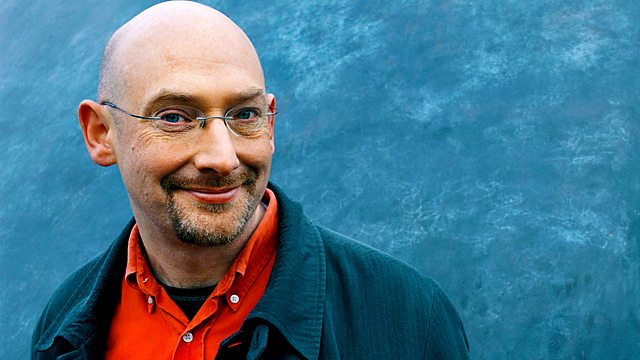02/06/2011
Quentin Cooper looks into the science stories of the week and speaks to scientists who are making headlines.
New E-coli strain found in Germany.
Quentin Cooper talks to Professor George Griffin, Head of the Academic Centre for Infection at St George's, University of London.
Hominid teeth
Early cavemen had foreign brides! An international team of researchers has been studying hominid teeth from two caves in South Africa. They were looking at the ratios of different types or isotopes of strontium in the teeth which they thought might reflect changing diet due to seasonal migration. Instead, they found a significant difference between the teeth of males and females. Most of the males had strontium values similar to those in the nearby rocks, suggesting they had lived in the same area for most of their lives, whereas many of the females seems to have come from different areas. Professor Julia Lee-Thorp, from the University of Oxford, explains more.
Science and Innovation
Writer Mark Stevenson, has curated a series of talks at the British Library as part of their Out of This World exhibition. His talk, ‘The Age of Entanglement’ looks at human interaction with science and innovation and whether we are too dependent on technology and how we view progress. He believes that science and innovation in the UK is being stifled and that there is a fear about progress. Last week, David Cameron and President Obama announced a key collaboration initiative concentrating on science, innovation and education. Obama called science education "critical to our future prosperity" and said that the U.S. and U.K could continue to emphasize "investments in education, science, technology, infrastructure -- things that help our economies grow". How dependent are we on technology and innovation? Quentin talks to Mark Stevenson and Sir Martin Taylor.
Fly Your Thesis!
Postgraduate students from Leicester have just had the next best thing to a spaceflight. They are back from a series of flights in France with the European Space Agency aboard a plane sometimes dubbed ‘the vomit comet'. It was part of an initiative called ‘fly your thesis’ in which PhD student projects get the chance to fly in a series of parabolic flights that simulate the weightlessness of space. Apart from the fun of experiencing zero gravity, they were also investigating one of the mysteries of the early stages of planetary formation.
David Gray and Dr Charly Feldman from Leicester University, join Quentin to explain more.


